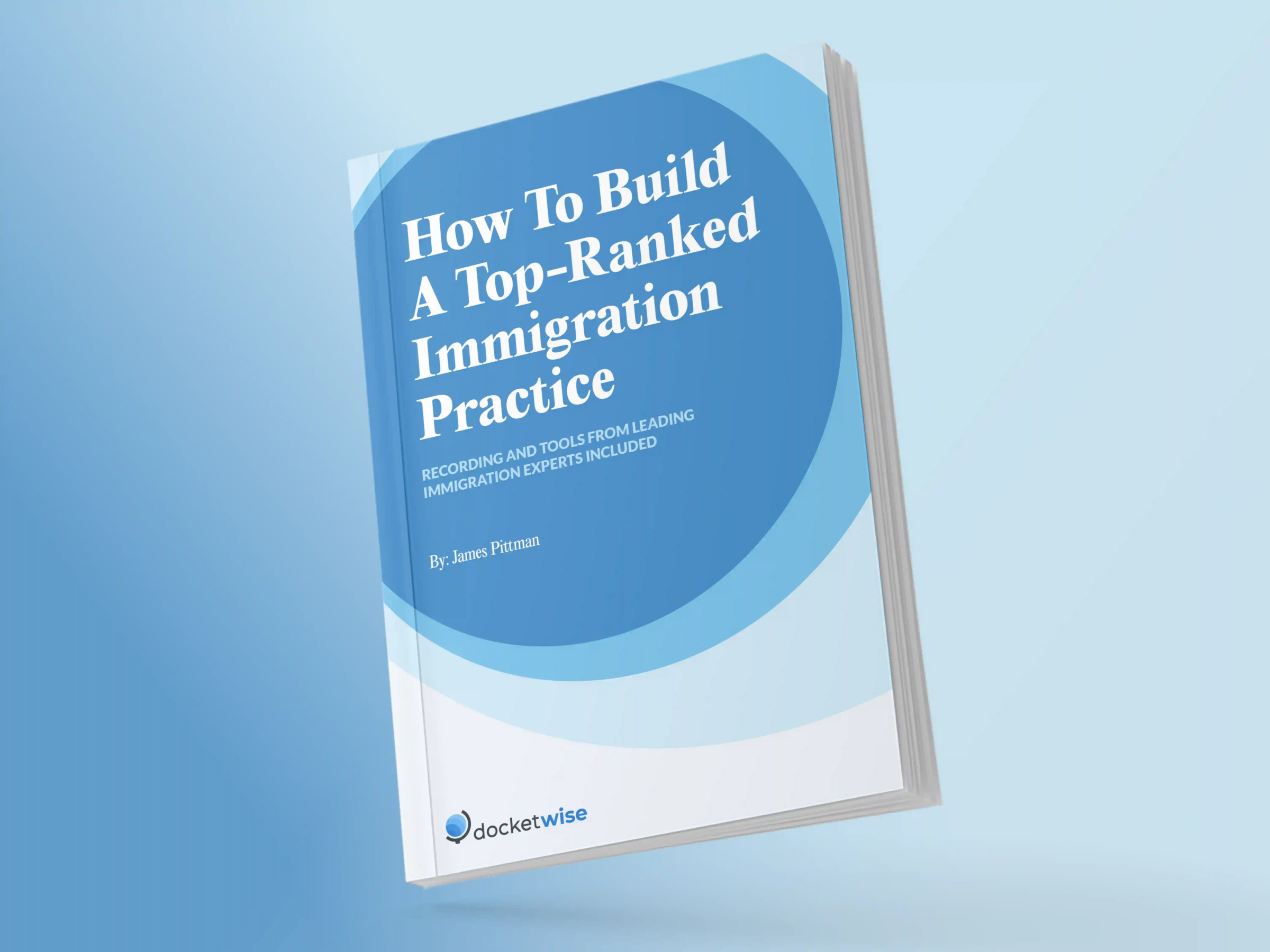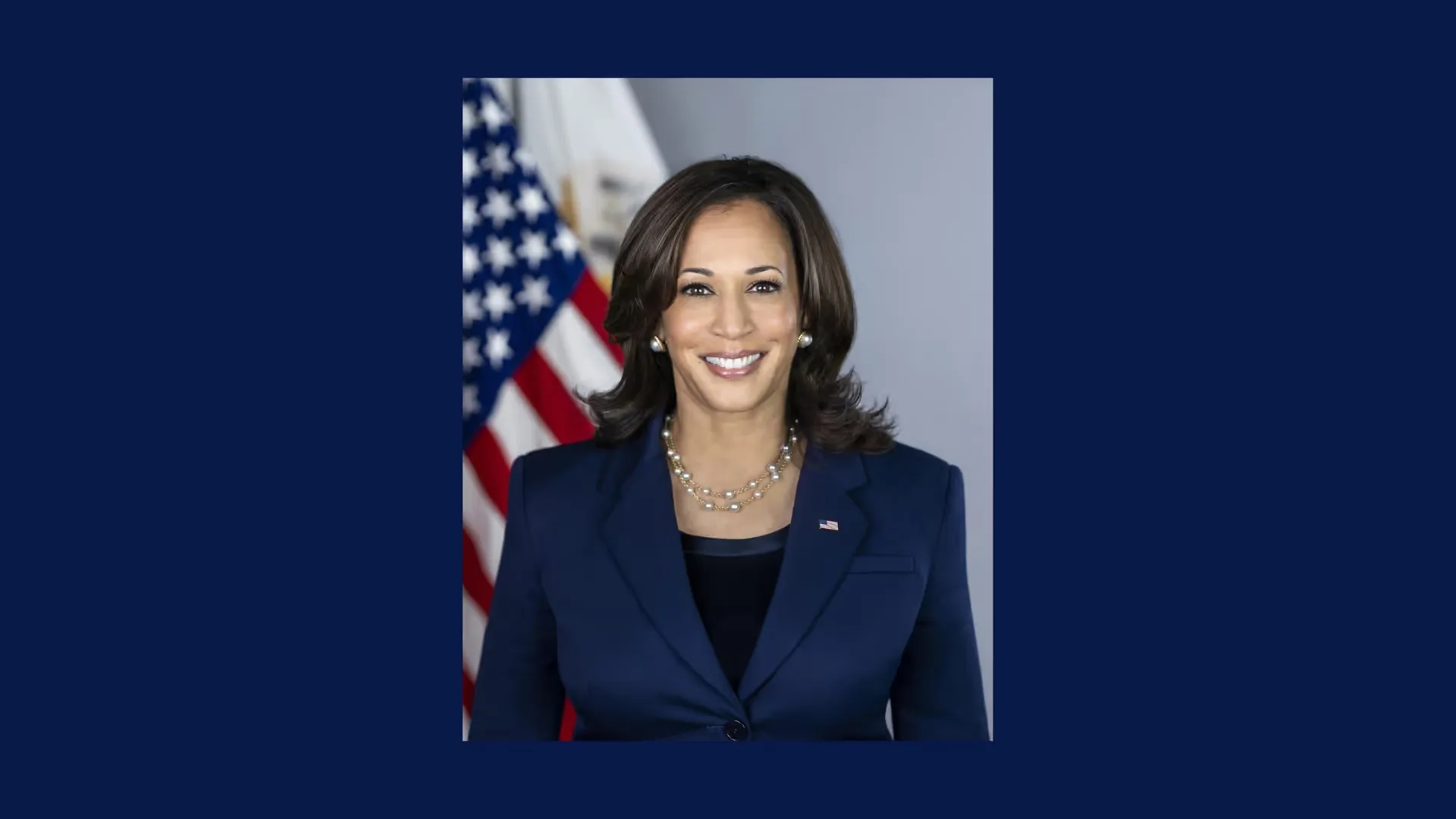Kamala Harris, the Vice President of the United States, is running for President in 2024. One of the most important platforms for her campaign is immigration.
As a former Attorney General of California (in office from 2011 to 2017), Harris was deeply involved in international border issues. Although she was faced with drug cartels and human trafficking issues, she worked diligently to maintain the security of the border along the United States and Mexico.
During her time as Vice President, Harris focused on addressing the root causes of migration from Central America. As part of her efforts to mitigate the border crisis, she worked with Mexican and Guatemalan leaders to improve conditions in those countries.
Today, Harris strongly believes in enforcing United States Immigration law while still creating legal pathways for people from other countries to become citizens of the United States.
She is also focusing on supporting what President Joe Biden promised. However, Kamala Harris's immigration stance has not been without criticism. Some people feel that she is focused on more aggressive legal enforcement, moving away from more progressive immigration reforms which President Joe Biden promised, as she is focusing on support for a bipartisan security bill that was previously blocked in the Senate at the start of this year.
As the election nears, Kamala Harris’s immigration policy is likely to be a topic of discussion. So let’s look at what makes her stance stand out and what it can mean for the future of immigration law.
Key Takeaways
Kamala Harris's evolving immigration stance: As a former Attorney General and current Vice President, Harris's approach has shifted to emphasize both enforcement and pathways to citizenship, blending a firm stance on border security with humanitarian reforms.
Reviving bipartisan security legislation: Harris supports a previously blocked bipartisan border security bill, which focuses on increasing funding for border agents, expanding detention facilities, and enhancing asylum processing.
Tackling root causes of migration: Harris's policies aim not only at border security but also at addressing root causes of migration, such as poverty and violence in Central America, differentiating her approach from her predecessors.
Balanced immigration reforms: Unlike Trump's enforcement-heavy policies or Biden's initially more lenient stance, Harris seeks a middle ground that secures borders while providing legal pathways for undocumented immigrants.
Impact on immigration lawyers: Harris's proposed changes could lead to quicker asylum case processing and increased enforcement, requiring lawyers to stay adaptable, informed, and prepared for evolving legal challenges.
Preparing for a Harris presidency: Immigration lawyers must stay proactive, leveraging advanced case management systems to effectively navigate potential shifts in U.S. immigration law.
Kamala Harris’s Immigration Stance
Polls show that many voters are concerned about illegal immigration, which has increased under the Biden administration. Harris’s position on immigration has shifted from her earlier, more progressive views to gradually emphasizing enforcement to a greater degree. Previously, she supported a more lenient approach to illegal border crossings. This shift can win her the support of many American people, considering the extent of the public’s concern about the issue of illegal immigration.
Now, Kamala Harris’s stance has made border security, along with her support for a bipartisan bill that would have increased funding for border agents and expanded detention facilities, a central part of her platform. This bill, which was blocked earlier in the year, is central to her strategy. Harris has been vocal about her intent to revive this legislation if elected, portraying herself as a candidate serious about securing the border. Kamala Harris’s border security policies also include cracking down on transnational gangs and human traffickers, a message she has reinforced by highlighting her prosecutorial record as California's Attorney General.
This bill, which was supported by a range of stakeholders, including the Border Patrol Union and the Chamber of Commerce, aimed to increase funding for border agents, expand detention facilities, and improve the asylum process.
The bill proposed adding over 1,500 new Customs and Border Protection personnel, increasing the number of asylum officers, and expanding detention capacity by adding 10,000 more beds to Immigration and Customs Enforcement (ICE) facilities. It also included provisions for combating drug trafficking, particularly targeting the flow of fentanyl across the border, and provided $1.4 billion in support for cities and states that are assisting new arrivals.
In addition to her focus on enforcement, Harris has also been critical of Donald Trump’s role in blocking the bipartisan border bill, accusing him of putting politics over the country’s security needs. This narrative is central to her campaign, as she seeks to position herself as a candidate who can effectively manage immigration.
Predictions for U.S. Immigration Law Under a Harris Presidency
It's safe to say that we will see very different immigration law policies under Harris than under Trump. That being said, her approach will differ significantly from Biden's on immigration and related policies.
Policy Shifts and New Directions
Opposed to Biden’s stance on immigration, who initially focused on a humanitarian approach but later toughened enforcement, Harris aims to maintain a firmer stance from the outset. Kamala Harris's border security bill includes increased funding for border patrol, asylum processing, and detention facilities, signaling a commitment to both enforcement and reform.
Harris’s approach differs sharply from Trump’s, who prioritized enforcement and deterrence. Harris, however, aims to balance security with legal pathways for undocumented immigrants, addressing the root causes of migration from regions like Central America.
Overall, Harris’s policies would likely reflect a tougher stance on border security compared to Biden’s earlier policies, but with a stronger focus on legal and humanitarian reforms than Trump’s approach. This direction could reshape U.S. immigration, making it more effective and aligned with American values of justice and fairness.
Impact on Specific Immigration Issues
Under a possible Kamala Harris presidency, we can expect immigration law to undergo quite a few changes.
Asylum
In the event that she becomes president, Kamala Harris plans to increase the number of asylum officers and judges to reduce backlogs and ensure the timely processing of cases. Harris aims to reverse some of the more restrictive measures introduced during the Trump administration, which could lead to expanded protections for asylum seekers, particularly those fleeing persecution.
Border Security
If Kamala Harris’s border security bill gets passed, it could lead to a more technologically advanced approach to securing the U.S. border. The bill would provide increased funding for border patrol agents and introduce advanced technology to monitor the border more effectively. Harris has a focus on addressing the root causes of migration from Central America, such as poverty and violence. This comprehensive strategy is designed to not only secure the border but also to reduce the factors that drive people to migrate in the first place.
Legal Immigration Pathways
Harris has shown a strong commitment to expanding legal immigration pathways. She advocates for reducing visa backlogs and streamlining the legal immigration process to make it more efficient and transparent. Harris is likely to push for legislative changes that create new pathways for undocumented immigrants already in the U.S., particularly those with deep ties to the community. Additionally, she supports expanding protections for Dreamers under the DACA program and creating more opportunities for skilled workers to obtain visas, which could help address labor shortages and boost the economy.
Legislation and Executive Orders
Harris is expected to use both legislative efforts and executive orders to implement her immigration policies. Given the potential for congressional gridlock, she may rely on executive actions to advance key reforms, particularly in areas like asylum processing and legal immigration pathways. Harris’s presidency could see new legislation aimed at balancing border security with humanitarian concerns.
Implications for Immigration Lawyers
Under a Kamala Harris presidency, immigration lawyers are likely to face significant changes that will impact their daily work. Harris plans to reform the asylum process by increasing the number of judges and officers, which will likely lead to faster case processing times. Consequently, lawyers will need to adapt to these quicker timelines and potentially stricter standards for asylum cases. Therefore, staying informed about these changes will be crucial for providing effective legal representation.
Moreover, Harris’s support for stronger border security is expected to increase the number of cases involving detentions and deportations. As a result, lawyers will need to stay up-to-date on new enforcement policies to effectively represent clients facing these challenges. With stronger border controls, the demand for legal representation in deportation cases could rise, making it essential for lawyers to be prepared for this potential increase.
In addition to enforcement, Harris claims she is committed to expanding legal immigration pathways. This includes reducing visa backlogs and creating new routes for undocumented immigrants to gain legal status. Therefore, lawyers will need to understand these changes and assist clients in navigating the new processes. This may lead to more work in areas like family-based immigration, employment visas, and DACA-related cases, requiring lawyers to be well-versed in the latest legal developments.
Given the potential for a divided Congress, Harris may also rely on executive orders to implement key aspects of her immigration policies. This could result in rapid changes to immigration law, making it essential for lawyers to stay on top of these developments to provide accurate and timely advice to their clients.
Overall, immigration lawyers will need to be proactive, informed, and adaptable under a Harris presidency. The changes she proposes could create new challenges and opportunities in immigration law, making it more important than ever for lawyers to stay engaged and ready to adjust to the evolving legal landscape.
How Docketwise Can Support Immigration Lawyers
Designed specifically for the complexities of immigration law, Docketwise helps lawyers handle everything from client intake to case tracking with ease.
Docketwise’s intelligent form automation allows clients to fill out online questionnaires, which then automatically populate the necessary immigration forms. This feature saves time and reduces errors, ensuring that lawyers use the most current forms required by USCIS. Additionally, Docketwise provides tools for tracking cases, managing tasks, and setting reminders, helping lawyers keep control of their caseload even as immigration laws change.
In a field where laws and policies frequently change, Docketwise offers stability. It integrates seamlessly with other tools, like CRM systems and invoicing software, covering all aspects of a lawyer’s practice. The platform is also backed by strong customer support, making it a reliable partner for immigration lawyers who need to stay on top of their work.
As immigration laws evolve, Docketwise adapts to ensure that lawyers can continue to serve their clients effectively. Also, Docketwise supports H1-B e-filing, allowing immigration lawyers to submit Form I-129 (Petition for Nonimmigrant Worker) and the ETA-9035 (Labor Condition Application) directly through the platform. This integration simplifies the process and ensures that your filings are completed efficiently during the critical H1-B season. Additionally, Docketwise plans to offer direct H1-B registration with USCIS in the upcoming filing season, making it even easier for law firms to manage their H1-B cases.
Schedule a demo and see how Docketwise can streamline your workflow and enhance client satisfaction.
Conclusion
If current Vice President Kamala Harris becomes the President, it could lead to changes to U.S. immigration law, combining strict border security with comprehensive reforms. These shifts are expected to impact how immigration lawyers practice, requiring them to stay adaptable and informed as laws evolve.
Being prepared for these changes is crucial for immigration lawyers. Leveraging tools like Docketwise can help lawyers stay ahead in this potentially shifting legal environment. Docketwise offers the efficiency, stability, and adaptability needed to navigate the complexities of immigration law, making it an invaluable resource as the legal landscape changes.
As Harris’s policies unfold, immigration lawyers will need to remain vigilant and ready to adjust their practices. Advanced case management software like Docketwise will be key to maintaining control over caseloads and providing top-notch service to clients in an era of change.
If you want to stay ahead of the latest immigration news in 2024 and beyond, keep up to date with our blog as we leave no stone unturned.
Unlock Your Success as an Immigration Lawyer.
Download Now
About the author

Justin FisherContent Writer and SEO Strategist8am
Justin Fisher is a Content Writer and SEO strategist for 8am, a leading professional business solution. He specializes in writing about emerging legal technology, financial wellness for law firms, and more.
